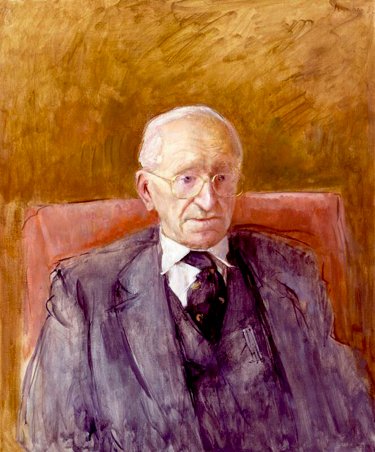Roger Kimball responds to Hillary’s promise that “if she became president, the federal government would take a more active role in the economy to address what she called the excesses of the market and of the Bush administration.â€
As Hayek observed, the socialist, the sentimentalist, cannot understand why, if people have been able to “generate some system of rules coordinating their efforts,†they cannot also consciously “design an even better and more gratifying system.†Central to Hayek’s teaching is the unyielding fact that human ingenuity is limited, that the elasticity of freedom requires the agency of forces beyond our supervision, that, finally, the ambitions of socialism are an expression of rationalistic hubris. A spontaneous order generated by market forces may be as beneficial to humanity as you like; it may have greatly extended life and produced wealth so staggering that, only a few generations ago, it was unimaginable. Still, it is not perfect. The poor are still with us. Not every social problem has been solved. In the end, though, the really galling thing about the spontaneous order that free markets produce is not its imperfection but its spontaneity: the fact that it is a creation not our own. It transcends the conscious direction of human will and is therefore an affront to human pride.
The urgency with which Hayek condemns socialism is a function of the importance of the stakes involved. As he puts it in his last book The Fatal Conceit , the “dispute between the market order and socialism is no less than a matter of survival†because “to follow socialist morality would destroy much of present humankind and impoverish much of the rest.†We get a foretaste of what Hayek means whenever the forces of socialism triumph. There follows, as the night the day, an increase in poverty and a diminution of individual freedom.
The curious thing is that this fact has had so little effect on the attitudes of intellectuals and the politicians who appeal to them. No merely empirical development, it seems—let it be repeated innumerable times—can spoil the pleasures of socialist sentimentality. This unworldliness is tied to another common trait of intellectuals: their contempt for money and the world of commerce. The socialist intellectual eschews the “profit motive†and recommends increased government control of the economy. He feels, Hayek notes, that “to employ a hundred people is … exploitation but to command the same number [is] honorable.â€
Not that intellectuals, as a class, do not like possessing money as much as the rest of us. But they look upon the whole machinery of commerce as something separate from, something indescribably less worthy than, their innermost hearts’ desires. Of course, there is a sense in which this is true. But many intellectuals fail to appreciate two things. First, the extent to which money, as Hayek put it, is “one of the great instruments of freedom ever invented,†opening “an astounding range of choice to the poor man—a range greater than that which not many generations ago was open to the wealthy.â€
Second, intellectuals tend to ignore the extent to which the organization of commerce affects the organization of our aspirations. As Hilaire Belloc put it in The Servile State, “The control of the production of wealth is the control of human life itself.†The really frightening question wholesale economic planning raises is not whether we are free to pursue our most important ends but who determines what those “most important ends†are to be. “Whoever,†Hayek notes, “has sole control of the means must also determine which ends are to be served, which values are to be rated higher and which lower—in short, what men should believe and strive for.â€
Read the whole thing.
Hat tip to The Barrister.




